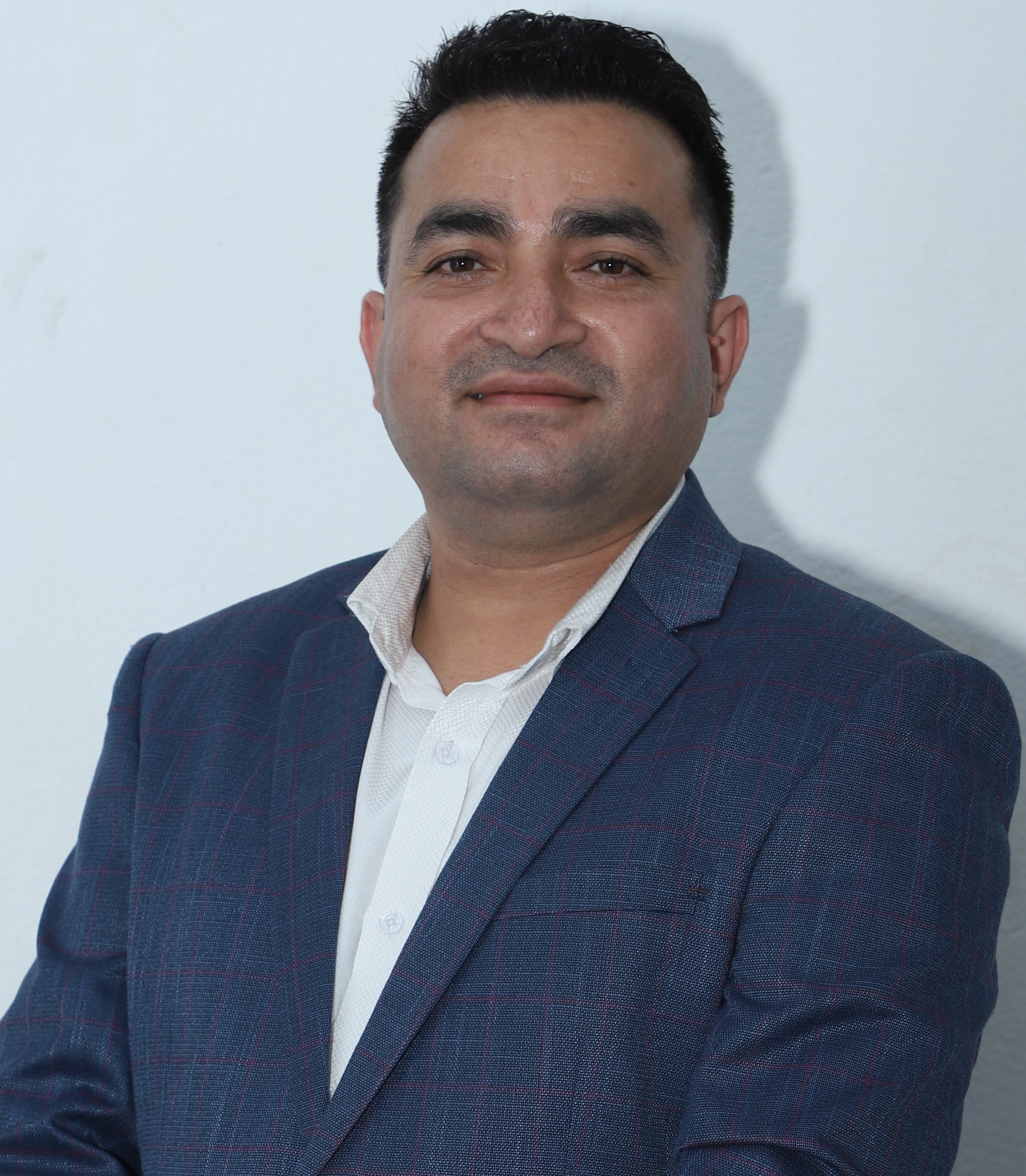Opinion
Campaign against casteism
Reframing the narrative around caste-based discrimination warrants a different outlook
Rajendra Senchurey
A prominent Dalit think tank Samata Foundation has launched a six month-long campaign against caste-based discrimination. The programme was organised to commemorate the International Day for the Elimination of Racial Discrimination 2019.
Pradeep Pariyar, a Dalit activist and Chairman of the foundation highlighted that this campaign is a quest for dignity that will have ‘Triple-R’ objectives–Reframe, Reinforce and Reclaim. The campaign aims to reframe the debate and narratives of discrimination; reinforce the implementation of the laws and orders; and reclaimi their part of the shares.
American historian and social critic Theodore Rozsak once said, “’People try nonviolence for a week, and when it doesn’t work, they go back to violence, which hasn’t worked for centuries.
Professor David Anderson Hooker in the Caux Scholars Programme in Switzerland had mentioned that social construction and subjectivity of human identity are rooted in the narratives. And it is the narrative of identity that triggers othering, victimhood and violence. When aiming to reframe debates and narratives of discrimination against Dalits, it will be imperative for the campaigners to focus primarily on shifting relationships, structures and accessibility on resources.
Although we have a constitution that is thought to be inclusive, the cases of caste-based discrimination registered in the district courts in 2015, 2016 and 2017 were 20, 13 and 24 respectively. State apathy was evident in the exemplary cases of Ajit Mijar and Laxmi Pariyar. The verdict seems to have largely prohibited Dalits from accessing justice. In order to achieve this particular objective, the campaigners should launch a three-pronged strategy—mobilising grassroots, overseeing the process of justice execution (from FIR registration to investigation and to the legal procedure), as well as exerting pressure for amending the pitfalls and lapses in the policy.
Reclaiming the compensation against the systematic injustices and impoverishments is another objective of the campaign as Dalits have been suppressed for a long time. As a consequence, despite constituting around 13 percent of the country’s total population, Dalits hold only one percent of the wealth and one percent of the country’s arable land. In this campaign for dignity, the resisters should focus not only on compensation, which is essentially material, but should also focus on reparation which addresses both material and moral harms. For instance, the US government has removed the Confederate monuments and memorials as a part of its moral/symbolic reparation for the historical racial discrimination against the blacks.
However, there is nothing new about the campaign’s 10-point press release. Conducting meetings, seminars, conferences and consultations, as it illustrates will only be like old wine in a new bottle. The strategy of a long campaign like this should rather focus on sensitising the issue nationally and internationally through non-violent actions so that the attitudes, cultures, working principles, policies and laws can be altered.
According to the Sociologist Kurt Schock, non-violent actions are pursued either through acts of omission or through acts of commission.
In the former, the actors refuse to follow norms, laws and orders whereas, in the latter, they perform the act which is not expected by norms and customs or is prohibited by the laws. Gene Sharp, the father of non-violent action, has classified non-violent actions into three main groups—non-violent protest and persuasion; non-cooperation; and non-violent intervention. Protest and persuasion are comprised of symbolic acts like marches, vigils, pickets, painting, etc. Non-cooperation is the most used method where the activists deliberately seize their cooperation to the government. Boycotts, sit-ins, non-violent lawbreaking followed by volunteered acceptance of the penalty are the different forms of expressing non-cooperation. The non-violent intervention meanwhile involves destruction or creation of the pattern, policies and relationships.
According to Hardy Merriman, the President of the International Center on Non-violent Conflict (ICNC), for any civil resistance to be successful, unity, planning and discipline are a must. It is important for the champions to keep the spirit and energy of the campaign intact. It is imperative for everyone to break the silo mentality and work in concert with people of diverse ages, professions, ethnicity and religions. Without collective efforts, Dalits will continue to be subjected to oppression and discrimination.
Senchurey is thepProgramme manager at Nepal Peacebuilding Initiative. He tweets at @RSenchurey.




 25.92°C Kathmandu
25.92°C Kathmandu


.jpg&w=200&height=120)








